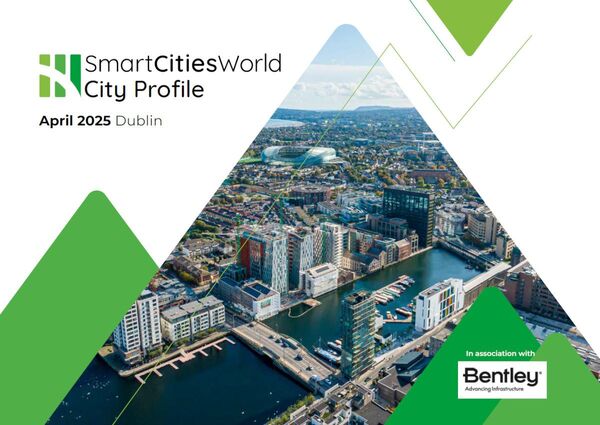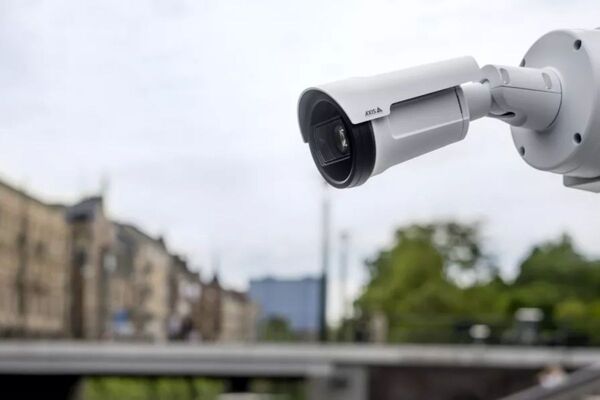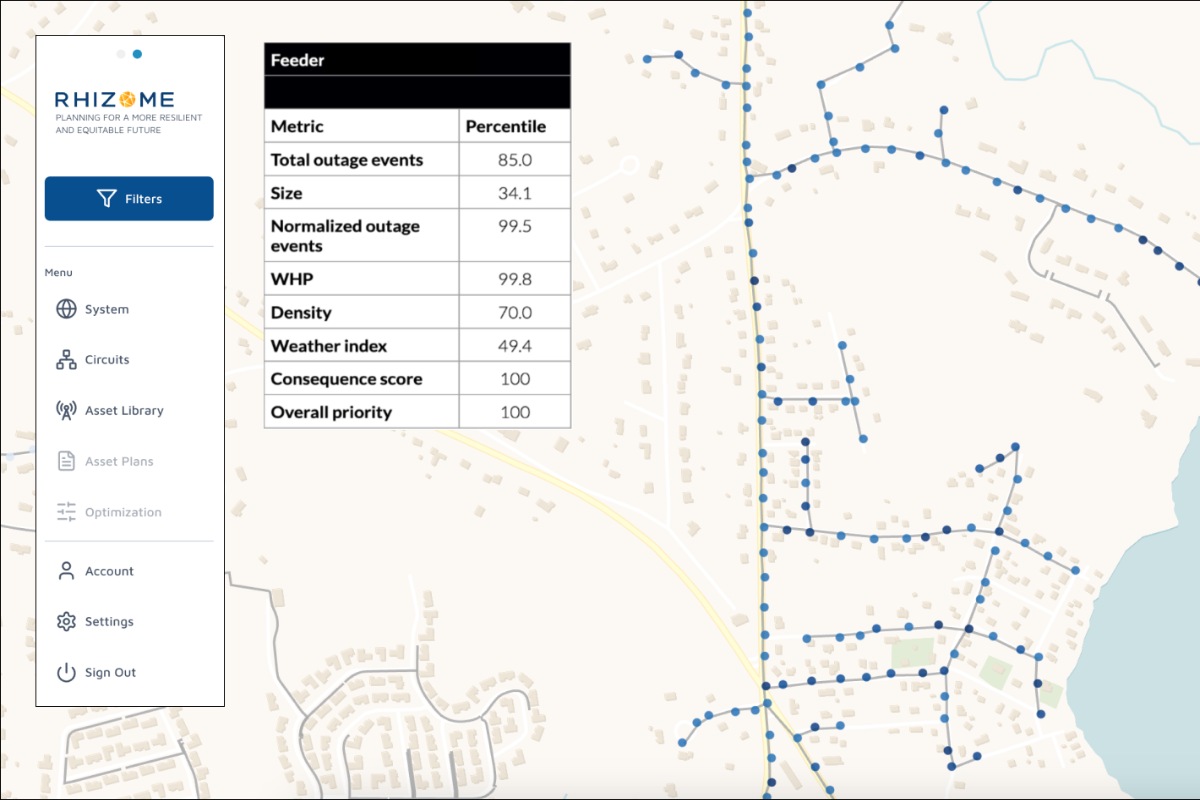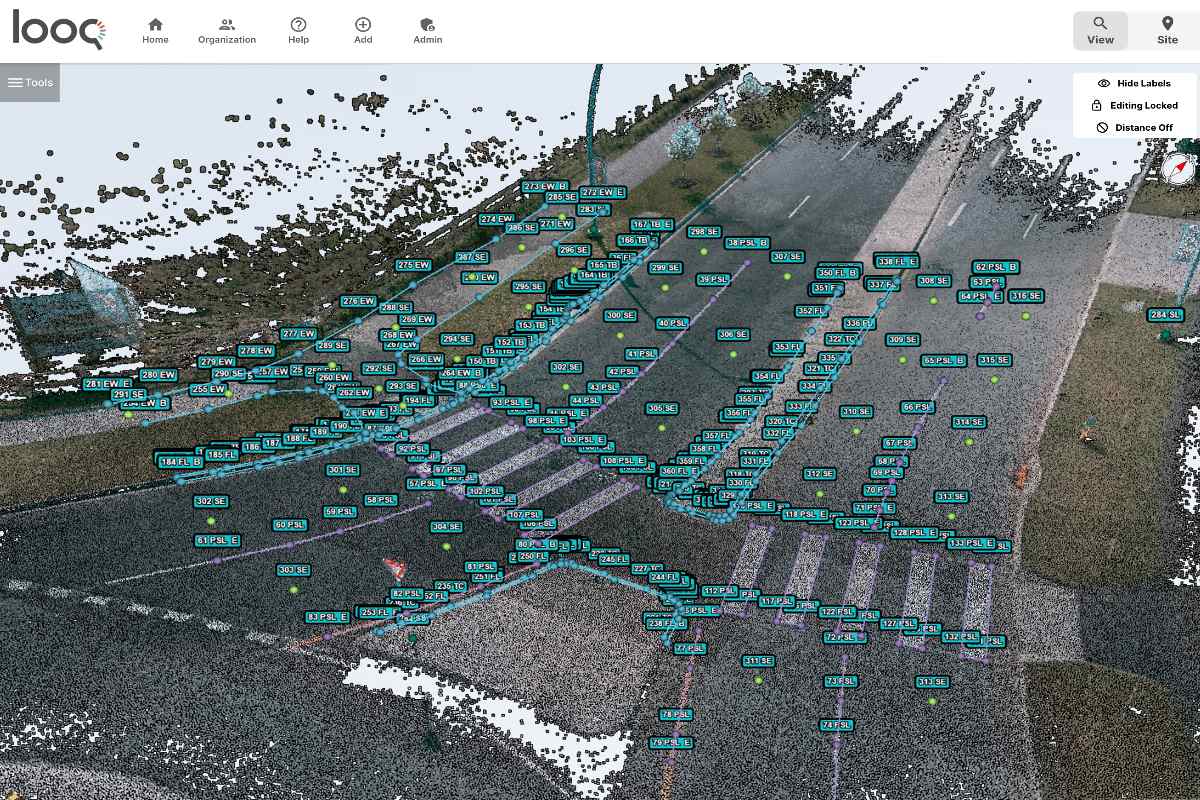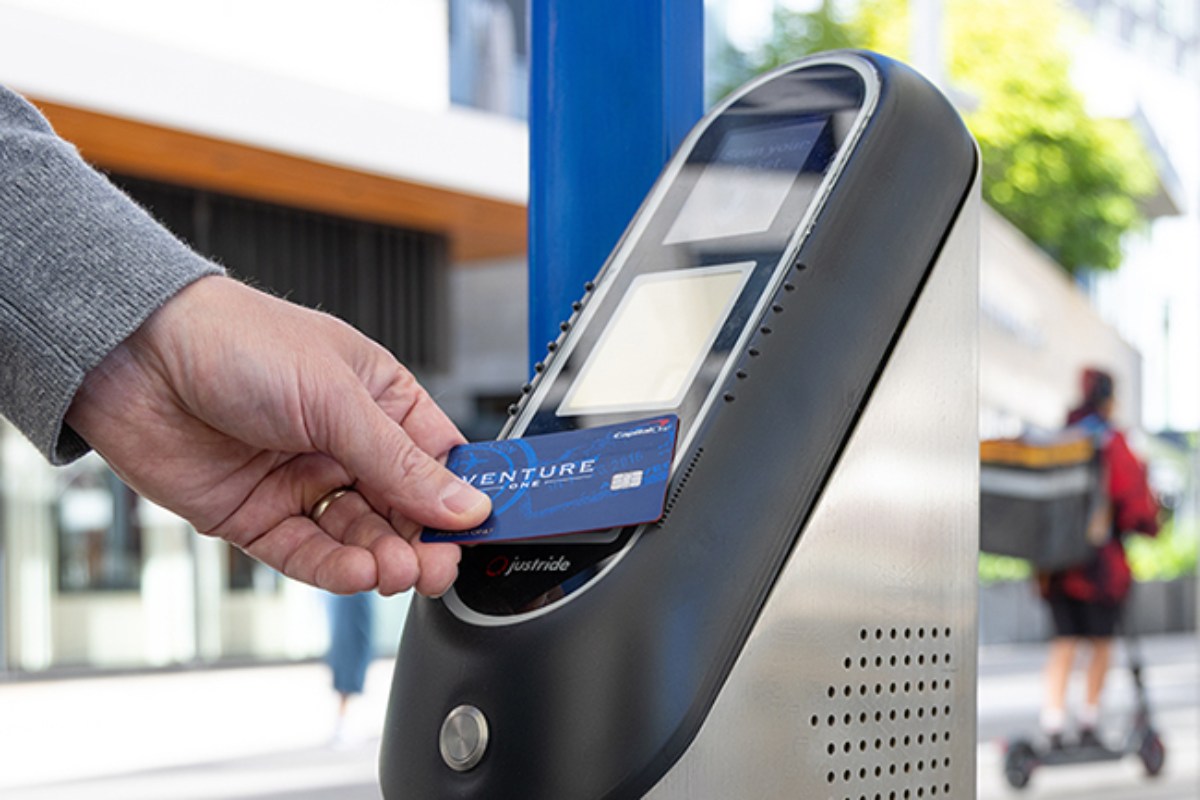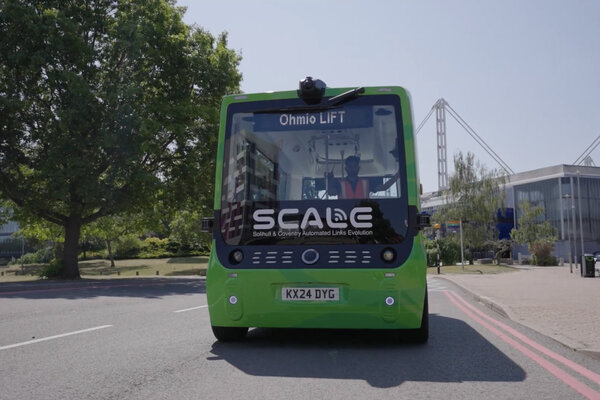BUILD YOUR OWN
RESOURCE LIBRARY
Podcasts
Podcast: Using mobility data to shape the future of citiesSponsored by TomTom
Podcast: Building resilient cities: trustworthy AI, digital twins, and urban innovation at YII 2025Sponsored by Bentley Systems
Opinions
Beyond video: how cameras as IoT sensors are changing city safety operationsSponsored by Axis Communications
Building smarter cities: scaling sustainability and efficiency with smart city platformsSponsored by ST Engineering
Ford, Uber and Lyft band together to share data
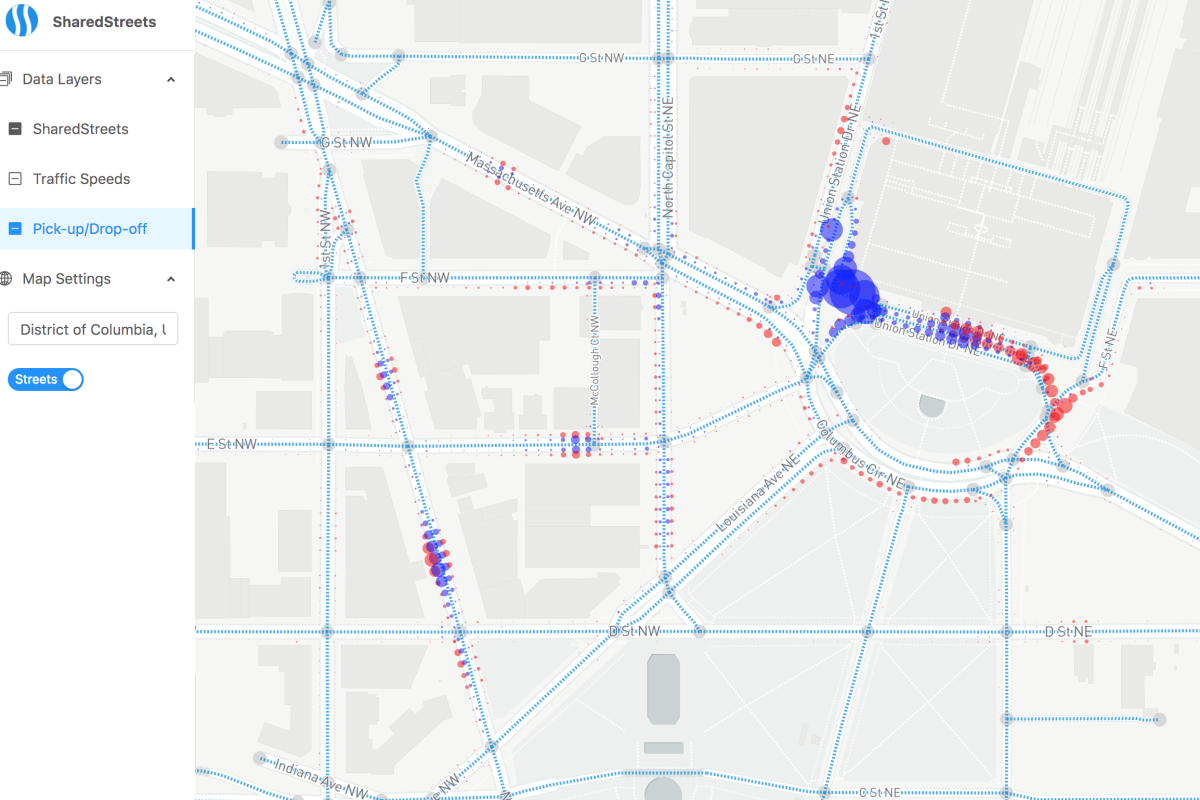
Taxi pick-up/drop-off volume in Washington, DC. Data: DC Department of For Hire Vehicles
Oh no, sadly you have viewed the maximum number of articles before we ask you to complete some basic details. Don't worry, it's free to register and won't take you longer than 60 seconds!
Latest City Profile
SmartCitiesWorld Newsletters (Daily/Weekly)
BECOME A MEMBER




